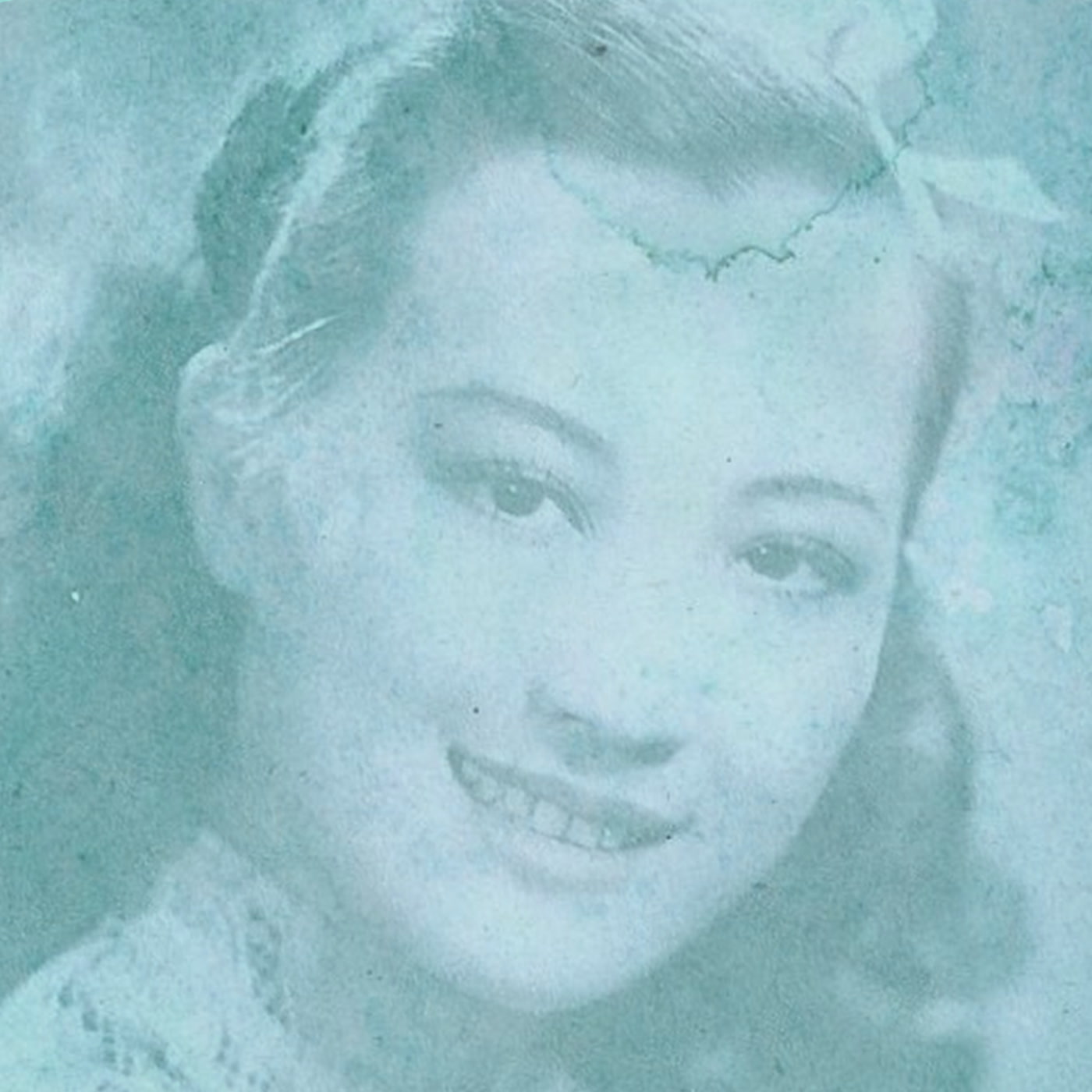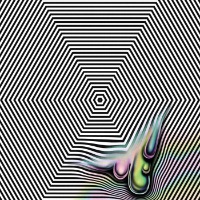- Cassette
- Digital
Various Artists
Waiting for Your Return: A Shidaiqu Anthology 1927-1952, Pt. I
Death Is Not The End
- Cat No: DEATH067
- Release: 2023-03-03
- updated:
1920年代後半に誕生、1950年代初頭には終焉を迎えることになった、戦前戦中の中国・上海で誕生したハイブリッドな音楽ジャンルとして音楽と文化の融合した中国大衆歌謡として黄金時代を築き上げたShidaiqu(シダイク)にスポットをあてたDeath Is Not The Endからの入魂コンピレーション・カセット第一弾!
Track List
-
1. Li Minghui - The Drizzle
02:50 -
2. Zhang Fan - Fly All Over the Field
02:47 -
3. Li Li-Hua & Yan Hua - A Thousand Birds Facing the Phoenix
03:09 -
4. Zhou Xuan - Age of Bloom
03:03 -
5. Bai Guang - Waiting for Your Return
02:57 -
6. Wu Yingyin - The Moonlight Sends My Lovesickness Across a Thousand Miles
02:53 -
7. Wang Renmei - Song of the Fishermen
03:00 -
8. Yao Lee & Yao Min - Congratulations, Congratulations
02:47 -
9. Bai Hong - Suzhou Nocturne
02:46 -
10. Zhou Xuan & Han Langen - Mahjong Classic
02:43 -
11. Yao Lee - Lovesick Tears
03:05 -
12. Gong Qiuxia - The Girl by the Autumn Water
02:34 -
13. Yuan Meiyun - The Most Beautiful Boy
02:53 -
14. Zhou Xuan & Yan Hua - New Life of Love
03:08 -
15. Yao Lee & Yao Min - Oh, Susan
03:05 -
16. Du Jie - Chinese New Year Song
03:51 -
17. Zhang Jing, Zhou Xuan & Li Mingjian - Bells
03:00 -
18. Qu Yunyun - Simple Life
02:30 -
19. Liu Qi - Tired of Dancing
03:25 -
20. Bai Guang - Expectation
03:10
16bit/48khz [wav/flac/aiff/alac/mp3]
Waiting for Your Return brings together a wide collection of recordings for an anthological overview of the style. Taking in it's early beginnings in the work of the pioneering composer Li Jinhui - whose 1927 song "Drizzle", featuring the vocals of his daughter Li Minghui, is often referred to as the first shidaiqu record - through to more polished 1930s & 40s examples, when China's western-influenced popular music & movie industry reached it's golden age with the prevalence of the Seven Great Singing Stars (Bai Hong, Bai Guang, Gong Qiuxia, Li Xianglan, Wu Yingyin, Yao Lee and perhaps most prolific of all, Zhou Xuan).
Included in the collection are tracks recorded right up until the music's demise in Shanghai in the early 1950s - during which time the Chinese Communist Party denounced shidaiqu as "yellow music", outlawed nightclubs and pop music production, and destroyed western-style instruments - following which, much of these singers would decamp to Hong Kong where many saw further success throughout the 1950s and into the 1960s.




Shidaiqu(シダイク)は文字通り「時代の歌」を意味し、1920年代後半に国際都市上海で初めて浸透したハイブリッドな音楽ジャンルを表す言葉で、西洋のポップス、ジャズ、ブルース、ハリウッド映画のサウンドトラックを中国の伝統的な要素と融合させたシダイクは、音楽と文化の融合であり、戦前戦中の中国大衆歌謡と映画の黄金時代を形成することになった。
ただし、これらシダイクの音楽は、1950年代初頭頃に終焉を迎えることになり(この時期、中国共産党はshidaiquを「黄色い音楽」と非難し、ナイトクラブやポップミュージック制作を違法とし、西洋風の楽器を破壊した。)1920年代後半から1950年第初頭までという、わずか25年ほど四半世紀の期間のみでしか存在できなかった、かけがえのない文化交流から中国・上海で生まれた奇跡のような艶やかで豊かなエキゾチック・オリエンタル・ムーディーな音楽世界でもあり、今、この時代にあらためて中華歌謡シダイクにテーマを当ててコンパイルされる意味も深く重要であると考えられる。Vol.1全20曲を収録。 (コンピューマ) (Cassetteのコメントから参照)